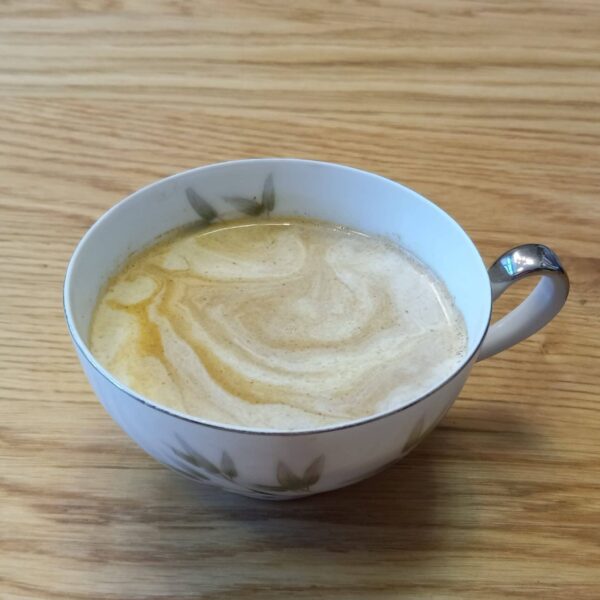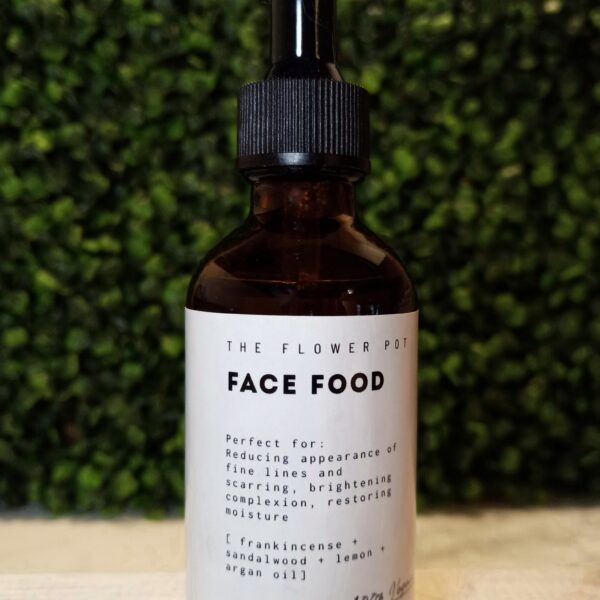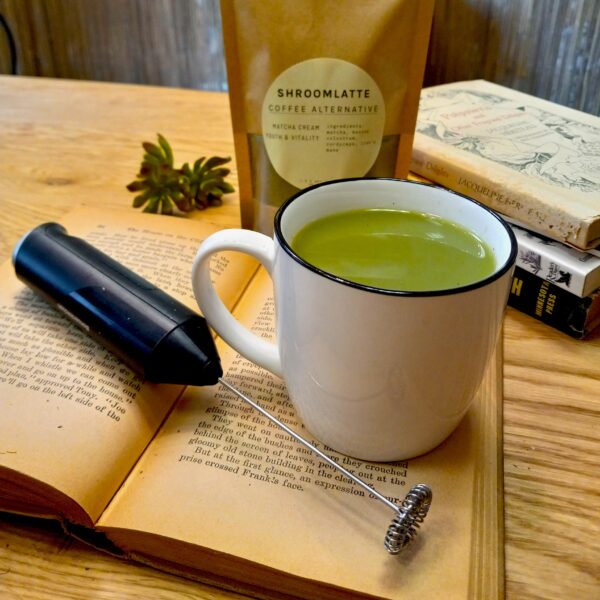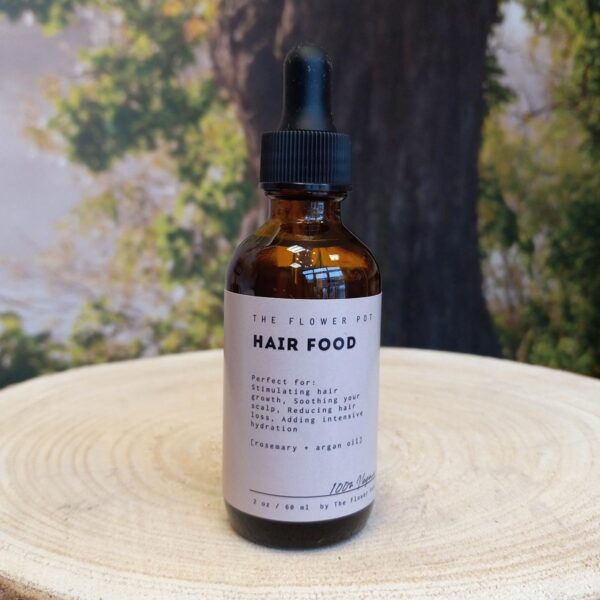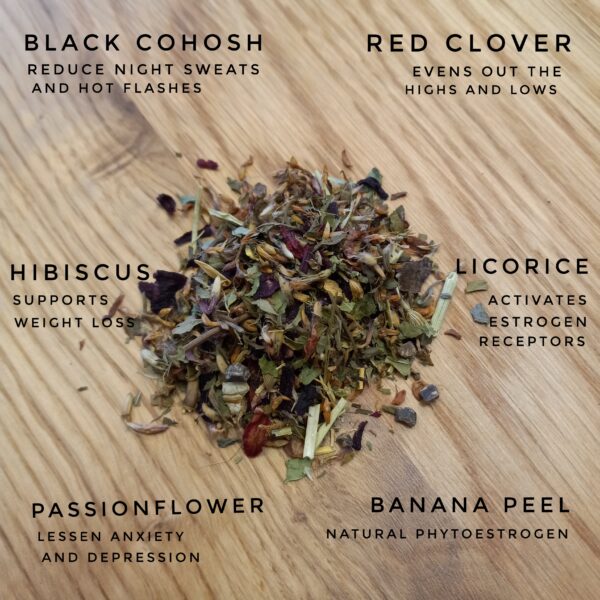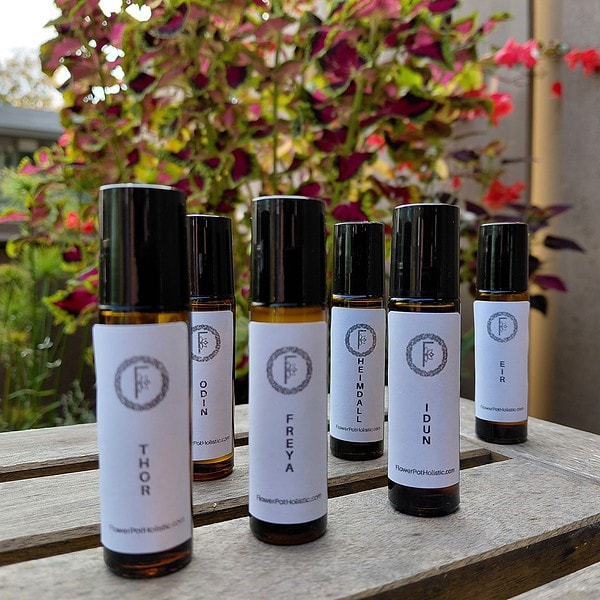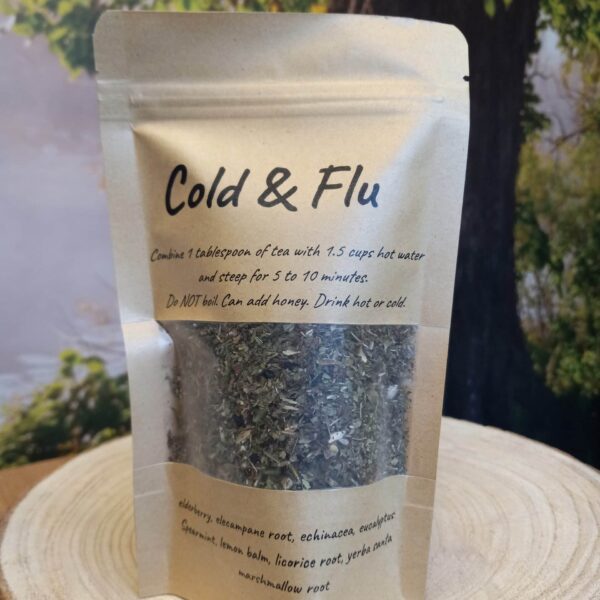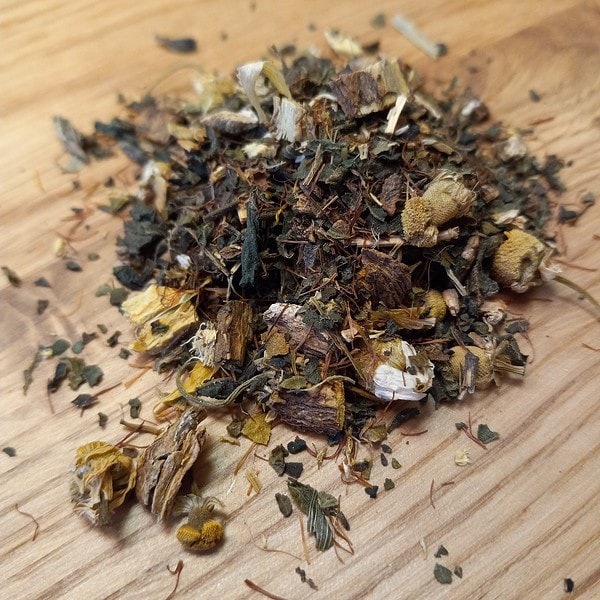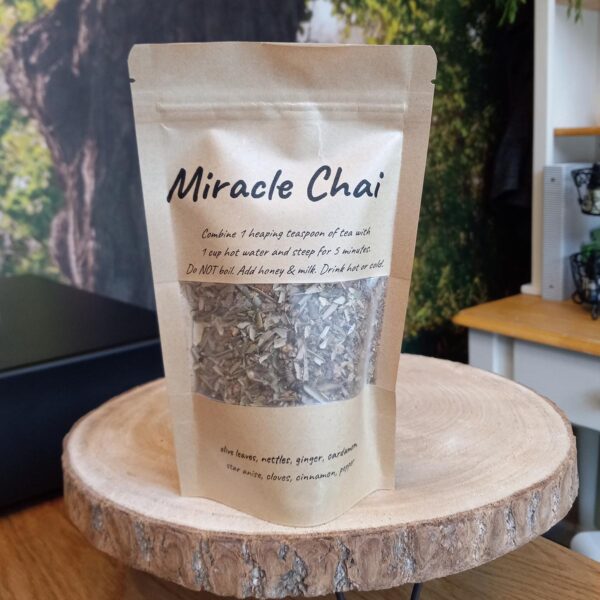As an herbalist, I’ve seen firsthand the incredible power of plants. I’ve also seen the growing challenges we face in getting reliable herbal information and products to the people who need them. It often feels like an uphill battle, and sometimes, the obstacles are baffling and impossible to overcome.
Let me share a particularly concerning example that hits close to home – one that illustrates a much bigger problem: the suppression of natural wellness information and the direct threat it poses to small herbal businesses and your access to support.
I have a website where I offer a variety of wellness products, including carefully formulated loose-leaf teas. One of these is a blend I call “SLEEP.” As an experienced herbalist, I formulated it with gentle, well-known herbs that people have turned to for centuries to encourage relaxation and a peaceful night’s rest: wild lettuce leaves, lavender, chamomile, and lemon balm. These are staples in the herbal world, respected for their calming properties.
Imagine my shock, then, when I discovered that Google had flagged my SLEEP tea as a “Dangerous Product.” The description they applied to this gentle herbal blend was, frankly, outrageous. They categorized it with:
“Products with substances that alter the mental state for purposes of recreation, or otherwise induce ‘highs’ (e.g. crystal meth, heroin), products or services marketed as facilitating recreational drug use (e.g. bongs), instructional content about producing, purchasing, or using recreational drugs).”
Let that sink in. A soothing tea with chamomile and lavender, ingredients found in countless pantries worldwide, was equated with substances like crystal meth and heroin.
The immediate consequence? My SLEEP tea, and by extension, my website, becomes virtually invisible in search results for people looking for natural sleep support. If you were to search for a tea with these exact ingredients, hoping to find a natural option, you likely wouldn’t find mine. You wouldn’t find a product crafted with decades of herbal knowledge, simply because an algorithm – or a poorly informed policy – has deemed it “dangerous.”
This isn’t just an isolated incident or a quirky algorithm glitch. It’s symptomatic of a larger, more disturbing trend. When something as basic as herbal teas are miscategorized and hidden, it’s not just about a single lost sale.
It harms individuals seeking wellness: People are actively looking for natural ways to support their health. When these options are hidden or labeled as dangerous, they are deprived of the choice and access to gentle, traditional remedies. They may be pushed towards options they prefer to avoid, or simply left feeling lost and unsupported.
It drives herbalists out of business: Small herbal businesses, often run by passionate practitioners like myself, rely on being discoverable. If our products are unfairly flagged and our websites penalized, we can’t reach the people we aim to serve. This censorship doesn’t just hurt our livelihoods; it silences a vital source of traditional knowledge and personalized wellness support.
It deprives communities of valuable help: Herbalists play a unique and valuable role. We don’t diagnose conditions or treat diseases in the way a medical doctor does. That’s not our scope or our intention. Instead, we offer education, support, and personalized approaches to well-being using plant-based traditions. We look at the whole person and aim to support the body’s natural capacity for balance and health. For many, especially those navigating chronic conditions or seeking long-term vitality, this can be an empowering and crucial part of their wellness journey.
The work we do is about supporting health, not inducing “highs.” It’s about providing comfort, promoting balance, and sharing the wisdom of the plant world. To have this work so grossly misrepresented is more than just frustrating; it’s a disservice to everyone.
The path of an herbalist has always involved navigating a world that doesn’t fully understand or often value traditional plant knowledge. But when modern gatekeepers of information actively suppress access to these gentle allies, it makes our work – and your ability to find us – incredibly difficult.
We will continue to advocate for common sense, for the recognition of safe, traditional herbal practices, and for your right to access the full spectrum of wellness options. The knowledge of herbs has been passed down through generations for a reason, and it’s a legacy worth fighting for.
Join Our Mailing List!
Sign up and be the first to know about specials, promotions and our latest articles on health and wellness.
Cara Schulz
Cara Schulz, a cancer survivor and green tea lover, has opened The Flower Pot, a holistic wellness shop in Burnsville that offers products ranging from medicinal teas and wellness tonics and herbal tinctures.


